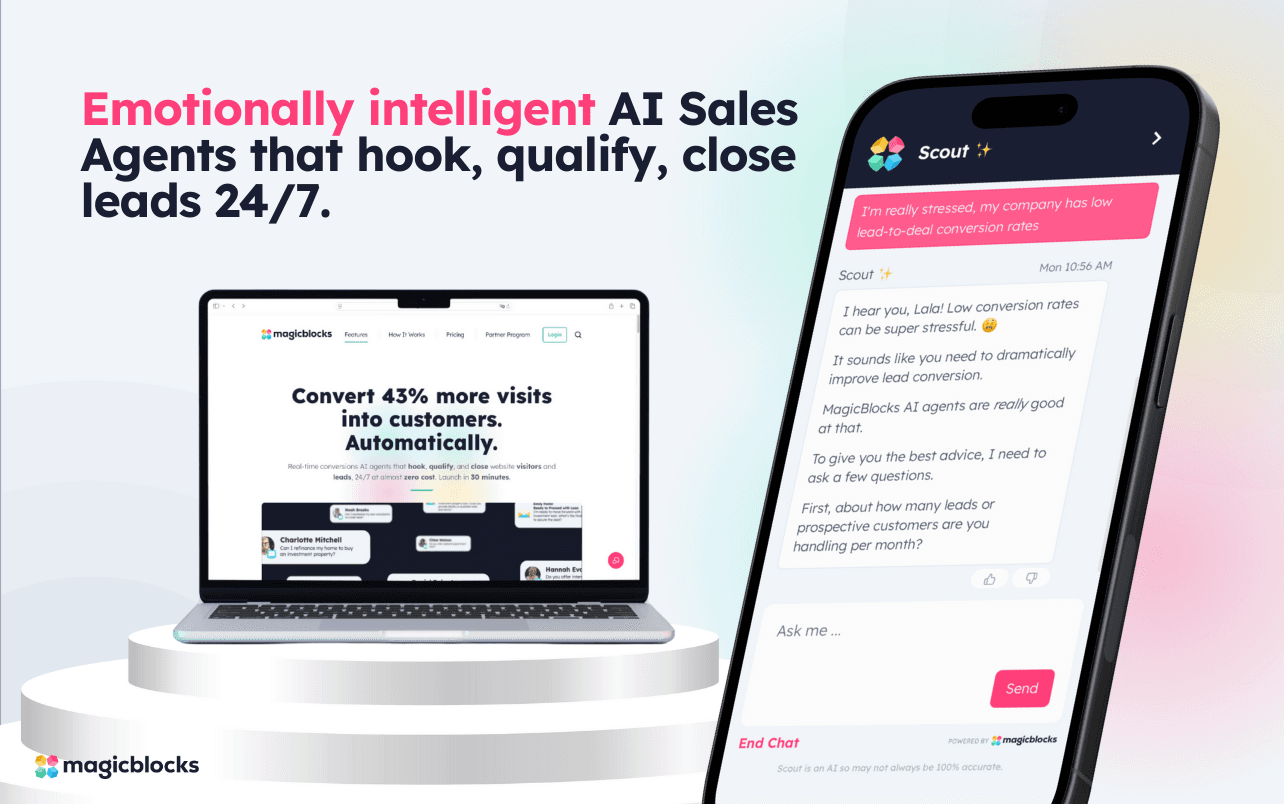OTPLESS vs. Auth.js
OTPLESS
Authenticate customers with WhatsApp, SMS, Email, Biometrics, and more, with a 98% conversion rate on signup and sign-in.
Auth.js
Formerly known as NextAuth. It's is an open-source authentication library originally built for NextJS. Auth.js is free to use and comes with over 80 integrations for various third-party identity providers such as Google, Facebook, Auth0, Apple etc. You can use it with your own database if you choose to. It works with MySQL, Postgres, MSSQL and MongoDB. Auth.js is compatible with Next.js, SvelteKit and SolidStart as of March 2024.
Reviews
Reviewed on 12/2/2025
Reviews
| Item | Votes | Upvote |
|---|---|---|
| No pros yet, would you like to add one? | ||
| Item | Votes | Upvote |
|---|---|---|
| No cons yet, would you like to add one? | ||
| Item | Votes | Upvote |
|---|---|---|
| No pros yet, would you like to add one? | ||
| Item | Votes | Upvote |
|---|---|---|
| No cons yet, would you like to add one? | ||
Frequently Asked Questions
OTPLESS and Auth.js serve different purposes and cater to different needs. OTPLESS focuses on providing a seamless authentication experience with options like WhatsApp, SMS, Email, and Biometrics, boasting a 98% conversion rate on signup and sign-in. This makes it ideal for applications where ease of use and high conversion rates are critical. On the other hand, Auth.js (formerly known as NextAuth) is an open-source library that supports over 80 third-party identity providers like Google, Facebook, and Apple. It is highly flexible, allowing integration with various databases and compatibility with frameworks like Next.js, SvelteKit, and SolidStart. Auth.js is more suited for developers looking for a customizable and extensible authentication solution.
Auth.js is generally more suitable for a developer-friendly experience because it is open-source and offers extensive documentation and community support. It integrates with over 80 third-party identity providers and works with multiple databases like MySQL, Postgres, MSSQL, and MongoDB. Additionally, it is compatible with popular frameworks such as Next.js, SvelteKit, and SolidStart. OTPLESS, while offering a high conversion rate and seamless user experience, does not provide the same level of customization and flexibility as Auth.js, making Auth.js the better choice for developers who need more control over their authentication system.
OTPLESS is an authentication solution that allows businesses to authenticate customers using various methods such as WhatsApp, SMS, Email, and Biometrics. It boasts a high conversion rate of 98% for both signup and sign-in processes.
Currently, there are no user-generated pros and cons available for OTPLESS. However, its high conversion rate of 98% on signup and sign-in is a significant advantage. Users may want to consider factors such as ease of integration and customer support when evaluating this service.
OTPLESS improves customer authentication by offering multiple methods for users to verify their identity, including WhatsApp, SMS, Email, and Biometrics. This flexibility can lead to a smoother user experience and higher conversion rates.
Businesses that require secure and efficient customer authentication can benefit from using OTPLESS. This includes e-commerce platforms, financial services, and any organization looking to enhance their user sign-up and sign-in processes.
Auth.js, formerly known as NextAuth, is an open-source authentication library originally built for NextJS. It is free to use and offers over 80 integrations for various third-party identity providers such as Google, Facebook, Auth0, and Apple. Auth.js can also be used with your own database, supporting MySQL, Postgres, MSSQL, and MongoDB.
As of March 2024, Auth.js is compatible with Next.js, SvelteKit, and SolidStart.
Yes, you can use Auth.js with your own database. It supports MySQL, Postgres, MSSQL, and MongoDB.
Auth.js offers a variety of features including over 80 integrations with third-party identity providers like Google, Facebook, Auth0, and Apple. It is also compatible with multiple platforms such as Next.js, SvelteKit, and SolidStart, and supports various databases including MySQL, Postgres, MSSQL, and MongoDB.




















